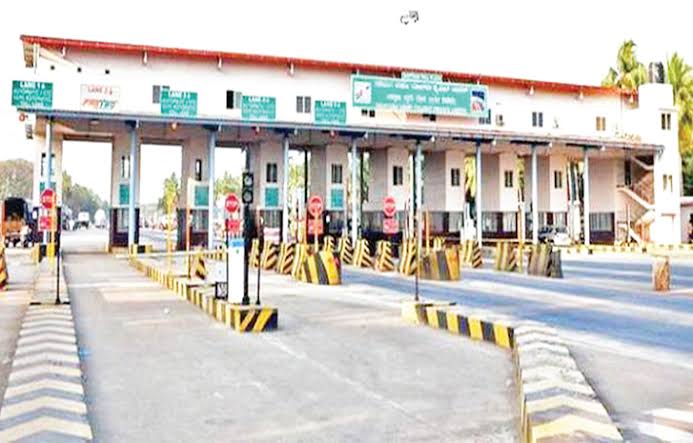Nigeria, Africa’s biggest economy, spent N1.85 trillion to import food for nine months during the shut down of international land borders, a 62 per cent increase when compared to same period in 2019 when the borders were left opened.
President Muhammadu Buhari’s chief economic adviser, Dr. Doyin Salami, who said this during the National Economic Outlook for 2021 organised by the Chartered Institute of Bankers of Nigeria (CIBN), maintained that this spending pattern is a signal of the nation’s lack of capacity to feed itself.
Salami is the Chairman of the Presidential Economic Advisory Council (ECA) and the National Economic Outlook for 2021 was the seventh edition held virtually on Tuesday in Lagos, Nigeria’s commercial capital.
Salami, an ex-member of the Central Bank of Nigeria (CBN) Monetary Policy Committee (MPC) said: “Despite border closure, our national import of food amounted to N1.85 trillion between January and Sept 2020 – a 62 per cent increase when compared to same period 2019. This suggests a weakness in our ability to feed ourselves and raises the need to consider review of intervention policies in agriculture.”
He said agriculture continues to decelerate, growing at 1.7 per cent year-to-date while consumer-sensitive sectors like manufacturing and distribution continue to contract, in double digits.
According to him, serious climatic concerns are undermining agricultural output with 2.5 million farmers being impacted by flooding in 2019.
Preliminary assessments suggest that 2020 was worse with persistence into 2021 to adversely affect output and food prices.
Nigerians’ spending on food rose significantly in 2019, according to a report by the National Bureau of Statistics (NBS).
The report, released in May last year, showed that total expenditure by households on food and non-food items for 2019 was N40.21 trillion, up from N21.62 trillion recorded in 2018.
The report showed that of the total household expenditures, food accounted for 56.65 per cent; 43.35 per cent accounted for expenditures on non-food items.
Food consumed outside the home constituted the largest expenditure followed by transportation costs.
Salami said during the period, Nigeria’s cumulative trade deficit amounts to N4.6 trillion ($12 billion).
He said Nigeria’s external imbalances are increasingly precarious, with continuing concern over exchange rate differentials.
He said uncertainty around foreign exchange – convergence, market-reflective rates and transparent determination mechanism, Balance of Payment imbalances are large and would remain key questions in 2021.
Salami said by the measure that drives the value of the naira based on the naira/dollar inflation differential, the currency should be trading around N439/$ at the official market.
To the economic adviser, the agricultural sector, ICT, real estate and oil and gas are vulnerable to a probable major adjustment to the foreign exchange rate.
Salami said official payment data showed that approximately US$30 billion (almost 10 per cent of our national economy) is obtained from sources outside the CBN, adding that the gap between the official and other exchange rates is a source for concern.
He said the COVID-19 shock of 2020 represents the third major shock to the Nigerian economy in 12 years.
According to him, ahead of the crisis, the Nigerian economy was contending with a set of pre-existing conditions such as macro Instability, stagflation – slow growth and rising inflation, pressure on households – in the form of rising inflation, unemployment, and poverty and pressure on corporate(s) margins – weak consumer and cost pressures.





